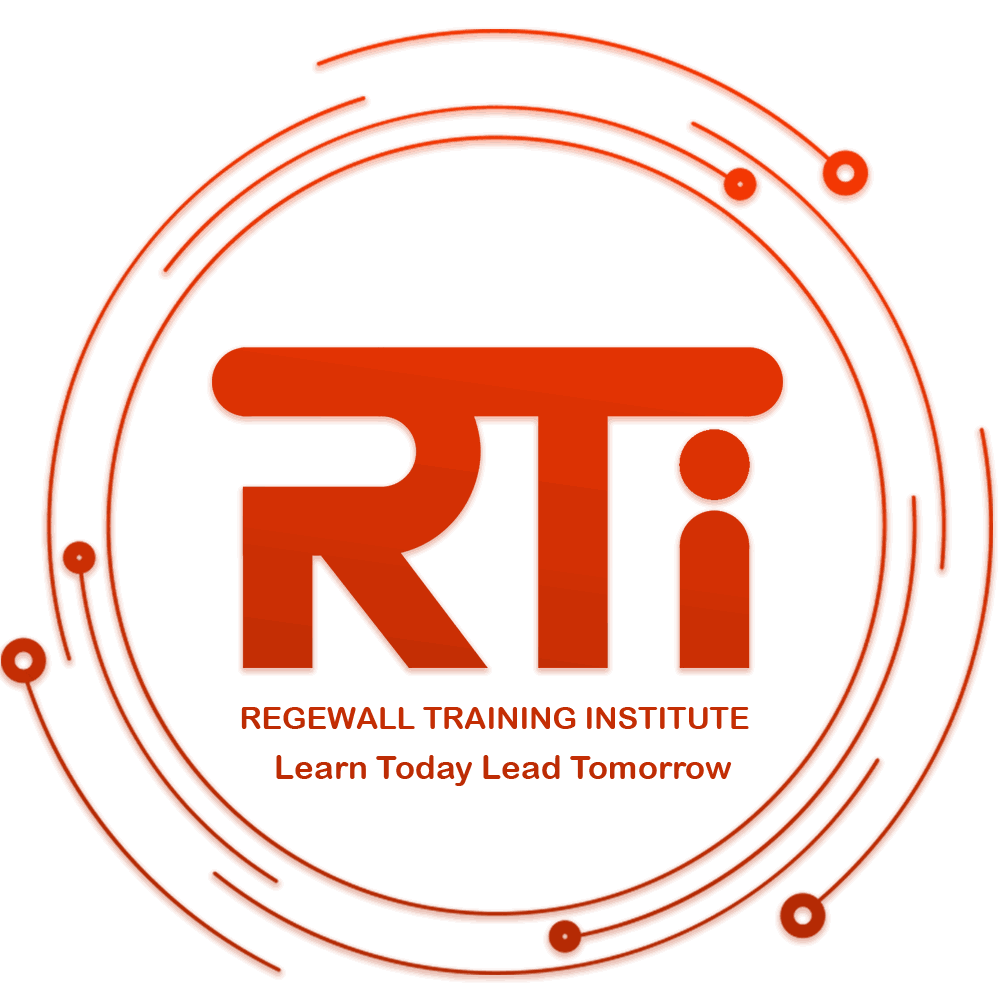Course Overview
This Advanced Energy Efficiency and the Use of Artificial Intelligence in the Industrial and Energy Sectors training course is designed for established practitioners and others involved in the energy policy or governance. It will provide comprehensive and practical implementation of the fundamentals and advanced energy efficiency solutions based on international best practice and advanced technologies.
The Regewall Training Institute training course will provide essential knowledge and skills to enable the participants to plan for the integration of advanced energy savings solutions into process upgrades and new production facilities.
At the end of this Advanced Energy Efficiency and the Use of Artificial Intelligence in the Industrial and Energy Sectors training course you will learn to:
- Determine the efficiency of your existing processes about past performance and international best practice
- Integrate energy efficiency into new process and manufacturing plant design
- Understand the potential role of artificial intelligence in energy efficiency and optimisation
- Introduce effective energy management procedures using existing protocols and data analysis techniques
- Incorporate energy efficiency design into new process and utility systems
- Incorporate renewable energy opportunities in key industrial process and utility systems
The presenter will use a variety of proven learning techniques to ensure maximum understanding, comprehension, and retention of the information presented. This includes course material, group discussions, and, where possible, the implications of the main learning points for the participants’ organisations.
Participants of this Advanced Energy Efficiency and the Use of Artificial Intelligence in the Industrial and Energy Sectors training course will be provided with advanced knowledge, skills, and tools to introduce more effective energy saving solutions to their industry. The methods include:
- Use of advanced process solutions based on process optimisation and process substitution
- Use of benchmarking and data analysis to determine your industry’s current baseline and potential for future energy savings
- How to complement your existing and new knowledge with artificial intelligence techniques to provide for greater energy savings and other process savings?
- How artificial intelligence techniques can enhance existing energy management protocols?
- How artificial intelligence techniques can provide for improved energy savings verification where existing techniques may fail?
- The participant will gain a good understanding of best practice in process energy savings and key optimisation techniques and their applications in their industrial and energy sector in general.
- Knowledge of artificial intelligence applications will provide the participant with a distinct advantage, and this differentiation will help provide a competitive edge for internal promotion
- The participant will have greater confidence and competence in his own work
This Advanced Energy Efficiency and the Use of Artificial Intelligence in the Industrial and Energy Sectors training course is suitable for a wide range of professionals, but will greatly benefit.
- Process and Plant Engineers
- Energy and facility managers
- Process design engineers
- Factory Manager, CEO, CTO
- Utility company engineers
- Power Plant Engineers
- Renewable energy engineers
- Equipment Designs and Suppliers
- Energy Centre managers and engineer
- Government energy efficiency programme manager
- Energy Consultants
Day One: Energy Usage and Energy Efficiency Determination
- Energy conversion, sources, and flows
- Energy balance, energy losses,a nd efficiency
- Process energy benchmarking in various industrial processes
- Energy losses and efficiency (enthalpy and exergy), and environmental consequences
- Artificial intelligence for the identification of energy efficiency in the industrial and energy sectors
Day Two: Improving the Efficiency of Industrial Processes using Advanced System Design Concepts
- Industry 4.0 and an example of its benefits in the industrial sector
- Energy benchmarking and uses in the key industrial sectors
- Advanced process design for energy efficiency
- Advanced opportunities for process energy savings in key high-energy-intensive industries
- Energy efficiency decision making in process design and optimisation
- Industrial process optimisation using artificial intelligence techniques
Day Three: Industrial Utility System and Energy Savings
- Boiler and steam distribution systems design and optimisation for energy efficiency
- Industrial co-generation and power systems energy efficiency design and optimisation
- Application of artificial intelligence in industrial utility energy savings
- Renewable energy systems in the industrial sector
- Specification of new processes and utility systems to ensure energy efficiency
Day Four: Advanced Energy Management Systems
- Introduction to industrial energy management and approaches
- Assessing the organisation for energy management implementation
- Developing an energy policy and organisation structure, and training
- The business case for adopting and energy management system
- Energy monitoring, targeting & reporting
- The use of artificial intelligence in complementing energy management systems
Day Five: Optimisation of Process Energy Usage in High Energy Intensity Industrial Processes and Power Sector
- Minimising process heating and cooling systems through process integration
- Reversing the curse of exergy to reduce imported process energy requirements
- Advanced controls using artificial intelligence techniques in the industrial and energy sectors
- Example of high-energy savings projects in the industrial and power sectors


